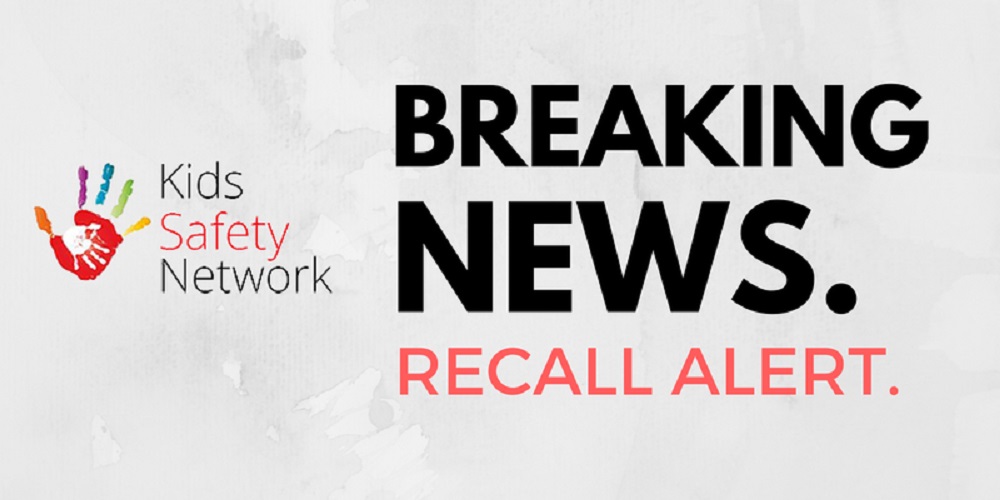- Study Says Most Parents Don’t Use Car Seats In Ride Share Vehicles Like Uber
- This 12-Year-Old Boy Is A Sophomore Aerospace Engineering Major!
- Fire Safety Experts Warn Of Hand Sanitizer Danger After A Mom and Kids Escape House Fire
- Recall Alert: Peaches May Be The Cause Of Salmonella Outbreak, 68 People Ill
- Summer Vacation In The Days Of COVID: Tips To Stay Safe
- How To Safely Grocery Shop During The Coronavirus Pandemic
- Michigan Teen With Vape-Related Illness Undergoes Double Lung Transplant
- Teen Kicks Off Anti-Vaping Campaign From Hospital Bed
- Teenager Receives Life Sentence For Strangling Sister To Death Over A Wi-Fi Password
- Toddler Falls To Death From 11th Deck of Cruise Ship
Recall Alert: Possible E. coli Contamination In Cookie Dough, Pie Shells, Tart Shells


A recall on flour potentially containing E. coli has been expanded to now include brands of cookie dough, tart shells and pie shells which may contain the contaminated flour.
The Canadian Food Inspection Agency said that some of the recalled products are sold across the country and may be contaminated with E. coli.
The announcement has come amid ongoing recalls for flour products, which were first recalled in March.
The affected products include:
* In-Dey-Go Fundraising Inc. Dark Chocolate/White Chocolate Chunk Cookie Dough, sold in 1.22 kg packages
* Apple Valley shell pie, deep unsweetened 5”, sold in 6.8 kg package
* Apple Valley shell pie, unsweetened 8”, sold in 4 kg package
* Mildmay Cheese Haus two-inch tart shells, sold in 40 pieces (approximately 1.5 lbs.)
The cookie dough is mostly sold through schools and fundraising organizations across Canada.
The pie shells are sold in Ontario from Country Pantry Bulk Foods in Heidelberg, Ont. It was intended for sale to hotels, restaurants, and other institutions.The tart shells were distributed in Ontario at the Mildmay Cheese Haus.
Illnesses have been reported in connection with earlier flour recalls, but there have been no confirmed illnesses have arisen from the newly announced products, the CFIA said.
The CFIA says that the products are not safe to eat and that they should be thrown out or returned to the store where they were purchased.
Symptoms may include nausea, vomiting, mild to severe abdominal cramps and watery to bloody diarrhea. In extreme cases, some patients may have seizures or strokes, require blood transfusions and kidney dialysis or suffer permanent kidney damage.
The most severe cases may even cause death.








0 comments